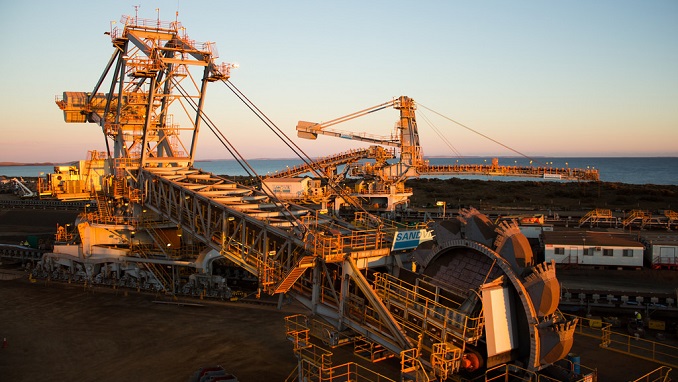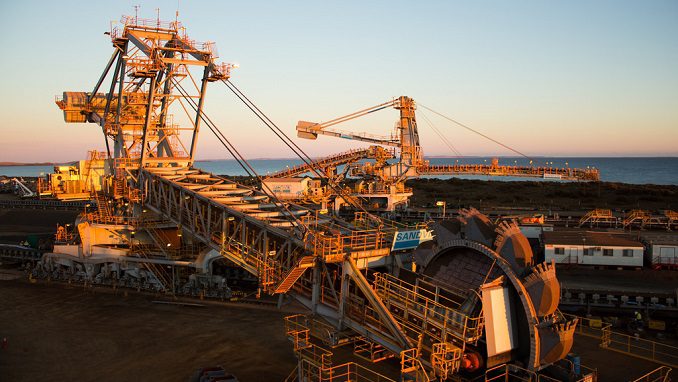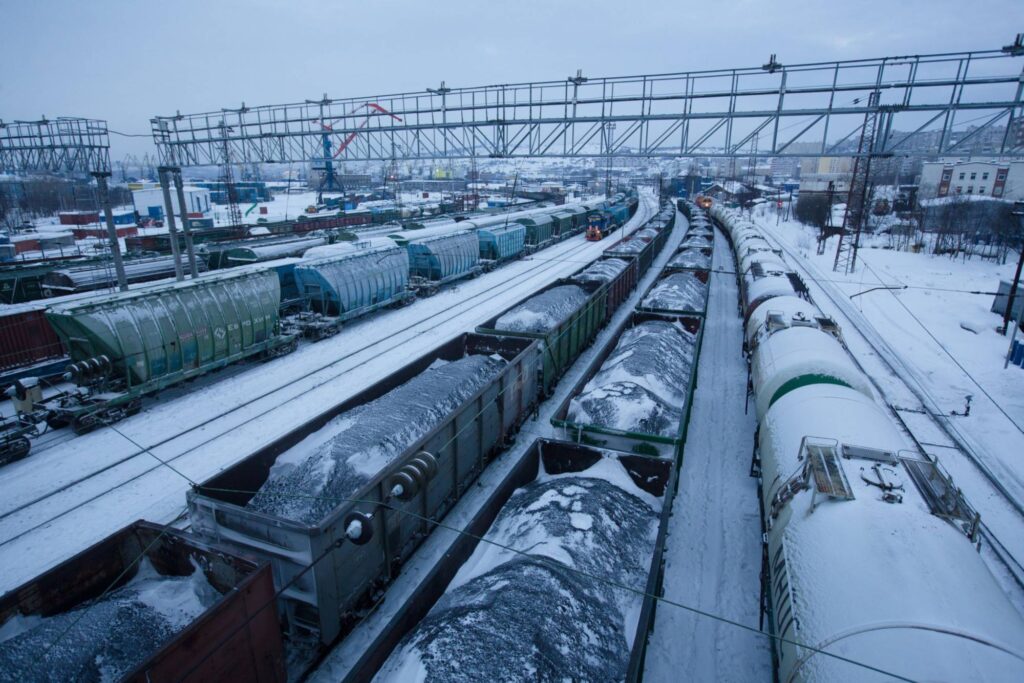
- Mills diversify supply sources, eye Russia, the US
- SAIL records highest imports at 15.40 mnt last fisc
- Govt policies aim to boost domestic production
India’s coking coal imports increased 6% in financial year 2023-24 (FY’24) to 57.89 million tonnes (mnt) as compared to 54.45 in FY’23. Imports of the fuel in March 2024 increased 14% to 5.22 mnt as against 4.56 mnt in February 2024, as per BigMint data.
Reasons for increase in coking coal imports in FY’24
The increase in FY’24 can be attributed to dropping seaborne coking coal prices and increased steel demand, driven by infrastructure projects.
Surge in steel demand: The Indian steel sector experienced a multi-year surge in demand during FY’24 compared to FY’23, witnessing a double-digit growth rate. The infrastructure segment has been a significant driver of this momentum in steel demand. Additionally, government schemes such as the Pradhan Mantri Awas Yojana and various infrastructure projects in India contributed to the increase in steel demand, consequently leading to a rise in coking coal demand.
Drop in coking coal prices: India, despite ranking as the second-largest producer of crude steel globally after China, continues to face a shortage of coking coal supplies, especially within the domestic market. Mills primarily rely on imports, thereby making the country the largest importer of coking coal. While Australia remains the dominant supplier, accounting for 60% of the shipments, its PHCC CFR India prices dropped 12% in FY’24 to $301.64/t, down from $343.41/t in FY’23. This decline occurred alongside an increase in import volumes amidst a softening in seaborne prices.
Changing market dynamics: Australia remains a major coking coal supplier to India, but has been facing supply constraints. Indian steel mills are thus exploring other reliable sources such as Russia and the US. Russian supplies continue to come at a discount, displacing two traditional suppliers – Canada and Mozambique – to emerge as the third-highest coking coal seller to Indian mills, offering competitive prices to other major importing countries. India’s coking coal imports from Russia increased significantly in FY’24, while imports from the US also rose by 18% to 8.39 mnt in FY’24 as against 7.12 mnt in FY’23, owing to effective pricing and fewer supply constraints, followed by Mozambique.
Country-wise imports

In FY’24, India’s coking coal imports from Australia amounted to 34.81 mnt. Australia maintains its position as the primary supplier of coking coal to India. However, end-users are now opting for alternative importing sources such as Russia, the US, and Mozambique. The cost-effectiveness of Russian coal is a significant factor influencing consumer preference. India is actively exploring alternatives beyond Australia to diversify its import portfolio. Russian coking coal exports to India rose significantly in FY’24 to 5.76 mnt as against 2.43 in FY’23.
Shipments from the US surged by 18% in FY’24 to 8.39 mnt as against 7.12 mnt in FY’23. Coking coal deliveries from Indonesia increase by 4%, reaching 2.99 mnt in FY’24 as compared with 2.88 mnt in FY’23. Moreover, shipments from Canada rose by 15% in FY’24. Exports from Mozambique witnessed a drop of 20%, reaching 2.17 mnt in FY’24 as against 2.71 mnt in FY’23.
Month-wise coking coal imports
India coking coal imports in March 2024 increase by 14% to 5.22 mnt as against 4.56 mnt in February 2024, as per BigMint data. Australia stood as the top country in exporting coking coal to India at 3.23 mnt in March 2024 as against 2.44 mnt in February 2024 followed by the US which saw a drop of 23% to 0.61 mnt as against 0.79 mnt.

Port-wise imports
Paradip Port received the highest imported cargo volumes of 11.34 mnt in FY’24, Haldia recorded an increase of 6% at 8.89 mnt. Gangavaram and Dhamra ports received 7 mnt and 8.21 mnt, respectively. Mormugao Port imports surged 13% to 5.66 mnt in FY’24. Krishnapatnam recorded a surge of 41% at 2.93 mnt in FY’24.

Company-wise imports
SAIL recorded the highest imports at 15.40 mnt in FY’24, remaining stable y-o-y as against 15.62 mnt in FY’23. JSW Steel’s imports increased by 17% to 13.01 mnt while Tata Steel’s import volumes increased 8% to 9.59 mnt last fiscal. RINL recorded a rise of 8% to 3.76 mnt in FY’23, whereas NMDC imported 1.70 mnt.
Greenfield washery policy to boost domestic coking coal usage
The government plans to introduce a greenfield washery development policy to boost the use of domestic coking coal by private steelmakers. Under this policy, private steel manufacturers will be provided land on long-term leases, along with assured coking coal supplies, aiming to encourage them to establish washeries for captive consumption of domestic coking coal.
This policy, scheduled for introduction shortly after the general elections, mandates steel companies to exclusively utilize the coal for captive consumption. However, its implementation depends on the response to the planned monetisation process for abandoned washeries of state-run companies. Recently, the coal ministry initiated the monetisation process for the Dugda coal washery of Bharat Coking Coal Ltd (BCCL), involving a competitive auction, with three more abandoned washeries to follow suit.
Outlook
In the coming months, India’s coking coal imports may remain subdued due to decreased steel demand stemming from slowed infrastructure projects during the elections. Additionally, the Indian government is endeavoring to bolster domestic coking coal production through the implementation of various policies.
Simultaneously, India aims to diversify its sources of coking coal imports. Indian steel mills have grappled with volatility in supplies from Australia, which typically constitute more than half of India’s annual imports. Apart from Australia, India also imports coking coal from the United States, Indonesia, and Canada.
Furthermore, India is planning to establish a state-backed consortium for coking coal imports. This initiative might influence market sentiments as the country seeks to navigate the challenges in procurement.
Source: BigMint







